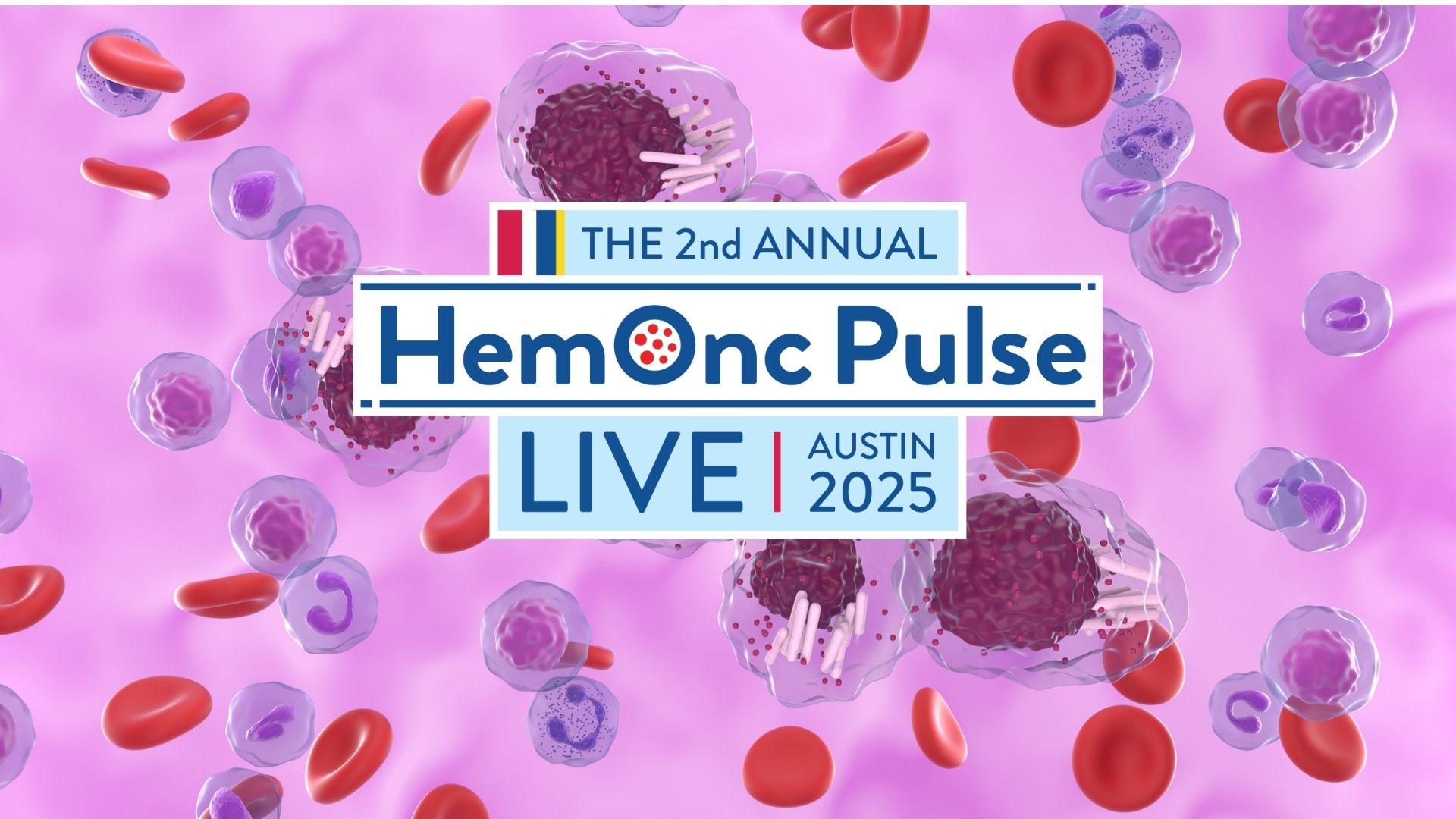Drs. Kobold, Binder Discuss Novel Mutation-Specific CAR-T Cells as CLL Precision Therapy
By Melissa Badamo, Sebastian Kobold, MD, PhD, Mascha Binder, MD - Last Updated: March 11, 2024Sebastian Kobold, MD, PhD, of Klinikum der Universität München, and Mascha Binder, MD, of Basel University Hospital, discuss a study on mutation-specific chimeric antigen receptor (CAR) T-cells as precision therapy for patients with chronic lymphocytic leukemia (CLL).
The researchers developed CAR T-cells that target the CLL-specific IGLV3-21R110 light chain mutation, then tested the precision therapy in in vitro and in vivo models of cell lines and patient-derived models.
Dr. Kobold first explained the motivation behind the study.
“A big problem in [CLL] is how to discriminate clearly between the cancer cell and the other healthy cells in the human body,” he explained. “Our hypothesis was that these novel CARs that we’ve designed would be able to discriminate between a CLL cell and a healthy cell.”
The researchers were able to specifically target and eliminate CLL cells that carry the mutation while sparing healthy B-cells, according to Dr. Binder.
“[This] is really a great thing, because the cellular treatments we currently have in the clinic all eradicate the B-cell lineage completely,” Dr. Binder said.
Drs. Kobold and Binder are currently preparing to test this concept in a clinical setting.
“This trial has to answer a lot of fundamental questions that we cannot address in the in vitro and in vivo models, such as, ‘if we are targeting a driver mutation, does that prevent resistance development?’” Dr. Binder noted. “I hope that this will give us a first mutation-specific cell therapy that can go to clinic, and that we can offer something that may come close to a cure for some patients with this form of [CLL].”






 © 2025 Mashup Media, LLC, a Formedics Property. All Rights Reserved.
© 2025 Mashup Media, LLC, a Formedics Property. All Rights Reserved.